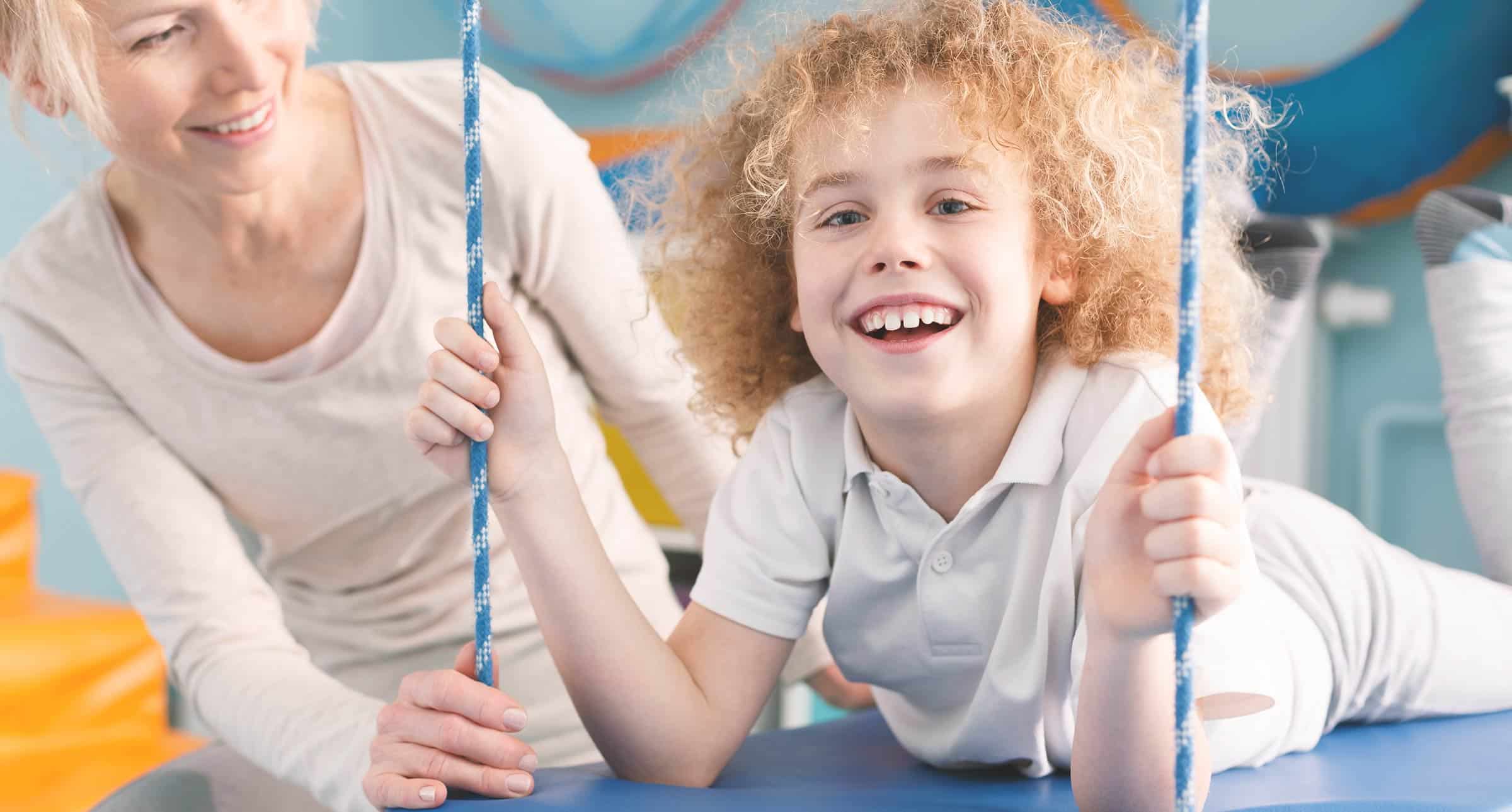Why does it look like my child’s occupational therapist is just playing?
A child’s primary occupation is to play, which is how he/she learns and interacts with his/her environment and make sense of the world around them.
It is through play that children develop motor skills and physical coordination, sensory awareness, cognitive skills, social skills to interact with other children, emotional maturity, self-help skills, and self-confidence to try new experience and explore new environments.
“Play is our brain’s favorite way of learning.” -Diane Ackerman
Play is Learning
Having fun is a great way to learn, because you don’t realize you are learning.
Pediatric occupational therapists focus on making children’s experience fun, by engaging them in motivating tasks that aim to provide them with a “just-right” challenge, so that the child has success at skills they may have been reluctant to try in the past.

There is always a purpose for the toy and activity that is chosen.
For example…
1) An obstacle course can work on strengthening, balance, motor planning, following directions, sensory processing and regulation, and/or social skills.
2) A feeding session may include interacting and having fun with foods, such as kissing food items or playing with foods with their hands to get messy and feel comfortable around foods. Or …
3) Your child may be asked to pick up small items, using tweezers or tongs, to work on fine motor coordination and grasp fine motor tools for writing and cutting.
4) Wheelbarrow and animal walks are working on upper extremity and core strength, sensory processing (vestibular and proprioceptive input) and endurance, which are skills required for things like sitting upright at a desk, sitting still during circle time, handwriting, and so much more.
“Play gives children a chance to practice what they are learning.” -Mr. Rogers
Although it may appear as though your child’s therapy session is all fun and games, and it may not appear as though therapy goals are being addressed, the Occupational Therapist likely has specific goals in mind.
If you don’t understand the purpose, just ask!






































